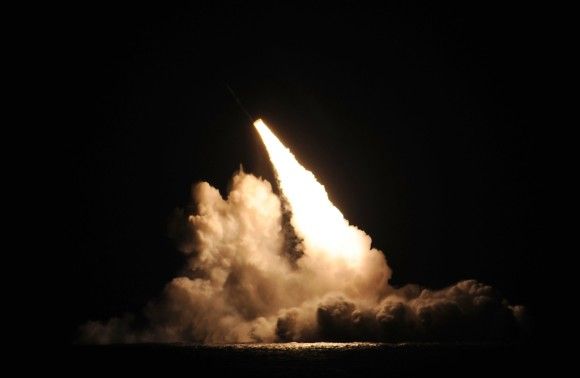Gdansk Oil Terminal Prepares For A New Set Of Problems Related To The Russian Oil Supply
PERN Company, which is responsible for managing the Gdansk oil terminal and the Polish section of the Druzhba pipeline, released information, according to which it has signed contracts with “practically all of the most important traders that are active within the Polish crude oil market”. Even though the details pertaining the signed agreements are unknown, this constitutes a very important piece of information within the context of securing an alternative oil source for Poland, which could potentially replace the Druzhba pipeline.
The character of the new contracts concluded by PERN with the trading companies (probably Vitol, Gunvor, Glencore, Total, Trading & Shipping, etc.) is most probably related to a situation which is similar to the agreement signed with the ENI company, signed last year. Not only is it connected to the traditional transactions (purchase-transport-sales), but also to the resources-handling process tied to the PERN storages (oil storing vessels that were erected within the programme of expanding the crude oil terminal), and to the process of storing the resources for a specific period of time, until the stored oil is sold to a Polish or a foreign buyer.
Expansion of the crude oil terminal means that the facility is going to have tanks, capable of storing 375 thousand cubic meters of the resource, at its disposal until the end of the year. Ultimately, additional 325 thousand cubic meters are going to be made available, in order to store the oil products. This means that, most probably, at the beginning of the next year, the storage space would be filled with oil, which may be purchased from the trading companies in an emergency situation. This is a nice addition to the 90-day oil supply Poland is obliged to maintain (through mandatory storage which has to be maintained by the Oil Companies and by storing the resources collected by the Material Reserves Agency). What is more, the discussed changes would mean that the crude oil terminal is going to be financially optimized to a much larger extent.
Meaning of the agreements signed by PERN and the trading companies bears a much larger significance. Should the oil supplies realized via the Druzhba pipeline be suspended, the new contracts may constitute a foundation for reorientation of the import route – the land route may be transformed into a maritime one. Thanks to these routes, the process of acquiring large volumes of the resource from the external markets, via the Baltic Sea, shall be relatively quick. This, within the context of the prolonged crisis, also bears some significance. The above-mentioned crisis also needs to be taken into account by the Polish oil companies, when they define their long-term strategies.
Just recently, the Druzhba pipeline was damaged within its Belarus section – and this event was correlated in time with the oil conflict between Moscow and Minsk. The issue of the Russian long term plans regarding the pipeline also remains unresolved. Here we mean the route which would be used to transfer the mixture based on the oil of worse quality, volume of which is being increased in Russia, due to the exploitation of the old oil deposits. Additionally, the strategic contracts related to delivery of the Russian oil for the PKN Orlen refinery will expire in December. It is worth to recall the statement made by Jacek Krawiec, the President of the Płock-based company, in his interview for “Dziennik Gazeta Prawna” daily, made on 23rd June 2015, in which he states that here we mean the agreements pertaining “almost 70% of the oil needs of the Płock refinery. The current geopolitical situation will most certainly have an impact on dynamics of the negotiations regarding the future oil supplies which are to be realized in the upcoming months”.

WIDEO: Defence24 Days 2025: Premier Defence & Security Conference in CEE